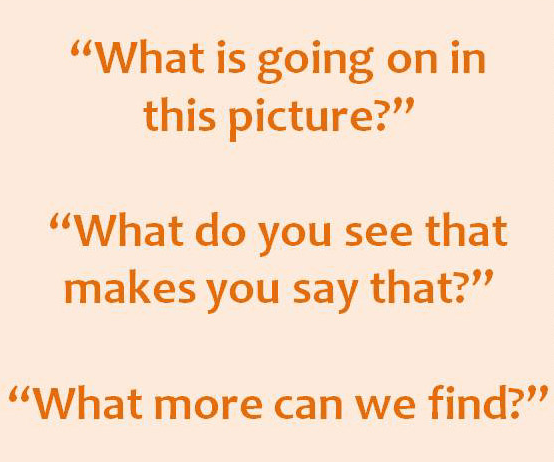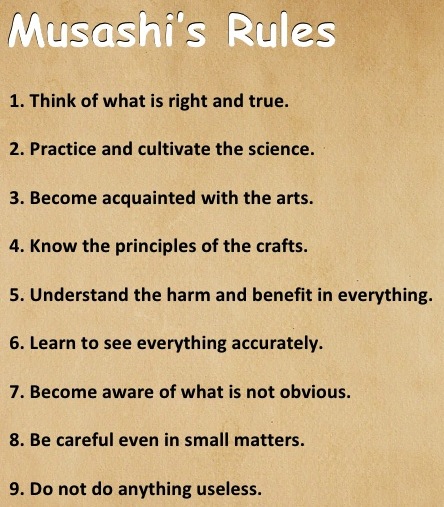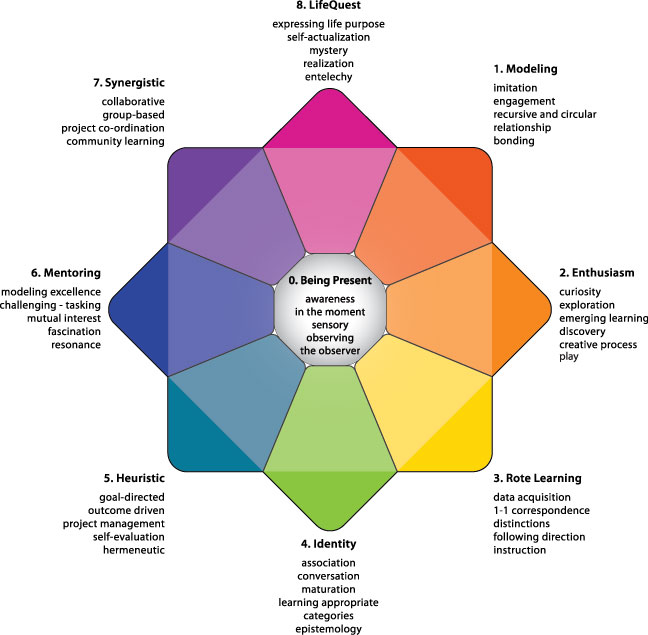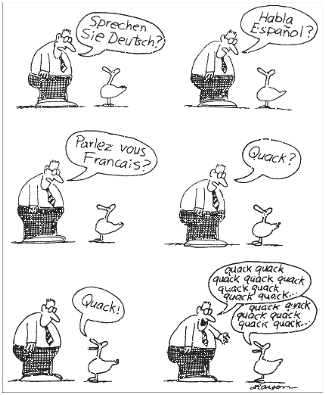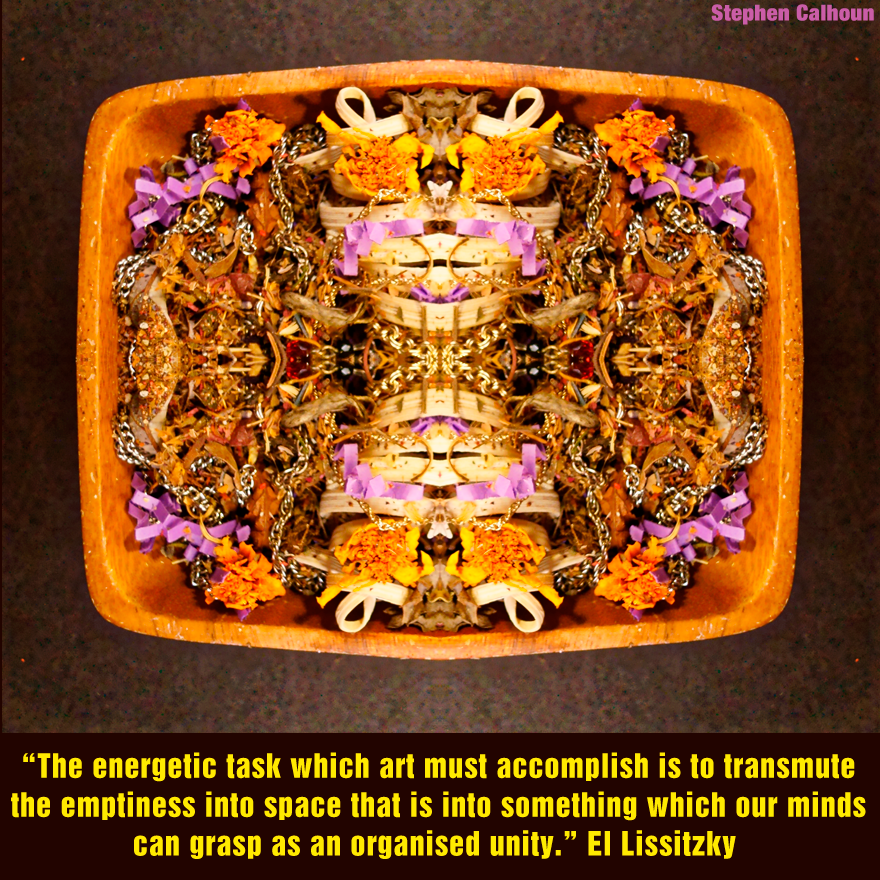
This remix mashes typological ideas with a meta-schema based in nesting. (See note [A].)
I’ve been pondering the hidden polar dynamics of the learning cycle of my friend, colleague and softball teammate David Kolb. By definition those implicit yet ‘out of sight’ dynamics are anchored by various factors which instantiate or otherwise ramify dialectical, or dichotomous, or sensible polarities, or novel pairings.
These wanderings then approach the schema, of which there is a normative schema that shows the basic layout of pairings, and, as well, by way of exclusion, hides all the others. For example. there would be, in what would be a meta-schema, the crucial polarity of learner |- – – -|environment. This specific relation is dialectical in the broad context given by a, or any, constructivist model.
There’s no reason those hidden relations cannot be pinned to the normative schema. Heck, the views on offer here are of non-normative schemas, and so supplemental pairings may be pinned to these too!

This remix suggests the learning cycle may be negotiated in micro phases. (See note [B])
This is why I have been thinking about this stuff:
Generating Paradox. Overt and Covert Polarities in Kolb’s Experiential Learning Cycle
Given the theoretical-conceptual architecture of Kolb’s Learning Cycle, fascinating yet obscured conceptual relations subsist within the dynamic move from the organismic systematic theory to its application as a theory-in-use/applied model.
This interactive, experiential presentation teases out some of those relations by leveraging both the explicit dialectical relations in the normative model, and co-existing, emergent, yet hidden polar relations discoverable elsewhere nearbye.
In this peeling away of layers of the conceptual ‘onion,’ two gains are anticipated: one, the active learner will experience reasons for de-reifying applied aspects of learning style, and, two, the learner may be inspired to expand his or her own experiential learning model’s practical reach.
This presentation is designed to be experiential and interactive. Participants may maximize the experience by having at hand five pieces of blank paper, scissors, and a fine marker or bold pen.
Stephen Calhoun is an independent researcher, experiential toolmaker, learning partner of Experience-based Learning Systems, and perpetual student.
Quarterly Virtual Presentation – The Experiential Learning Community of Practice
March 12, 2015 – 4:00pm EST
[Note A] In my model, taken from the Kolb model, Intentionality is necessarily the initial and initializing point of entry into learning. This intention holds Concrete Experience. Its import is imparted by the learner’s appropriation of a motive to learn for his or her own reasons, in his or her own context. This Intention is derived from the learner’s FEEL for what is right for him or her.
My model is in a critical relation with Dr. Kolb’s view. For me, Concrete Experience, is: present sensemaking contextualized by the learner’s motivating, evaluative Feeling.
[Note B] Negotiation in a micro phase means that a learner navigates the entire learning cycle in a background micro operation at different macro phases of the normative learning cycle. One benefit of this suggestion is that it supports a phenomenological entry for intuition into the macro cycle and does so in a particular sense by implying that the entire cycle might be navigated instantaneously, or, alternately, that the cycle might constitute something like a non-linear cascade (a) at this micro phase level.
(a) Patricia Smith Churchland and Paul M. Churchland, “Neural Worlds and Real Worlds,” Nature Reviews Neuroscience 3

